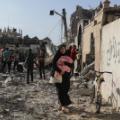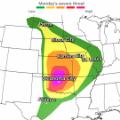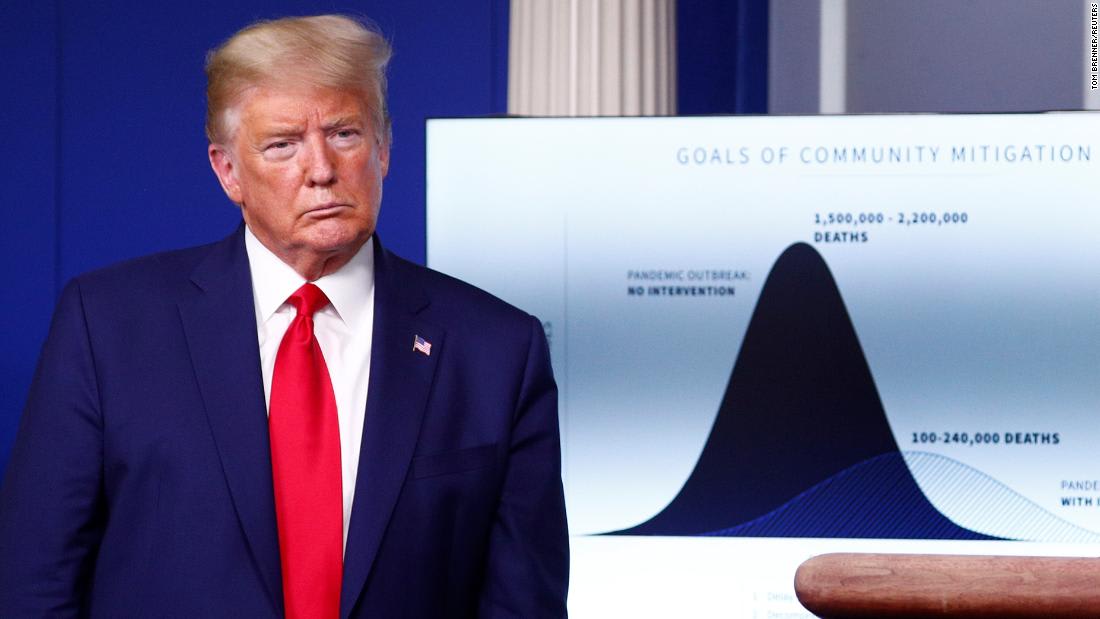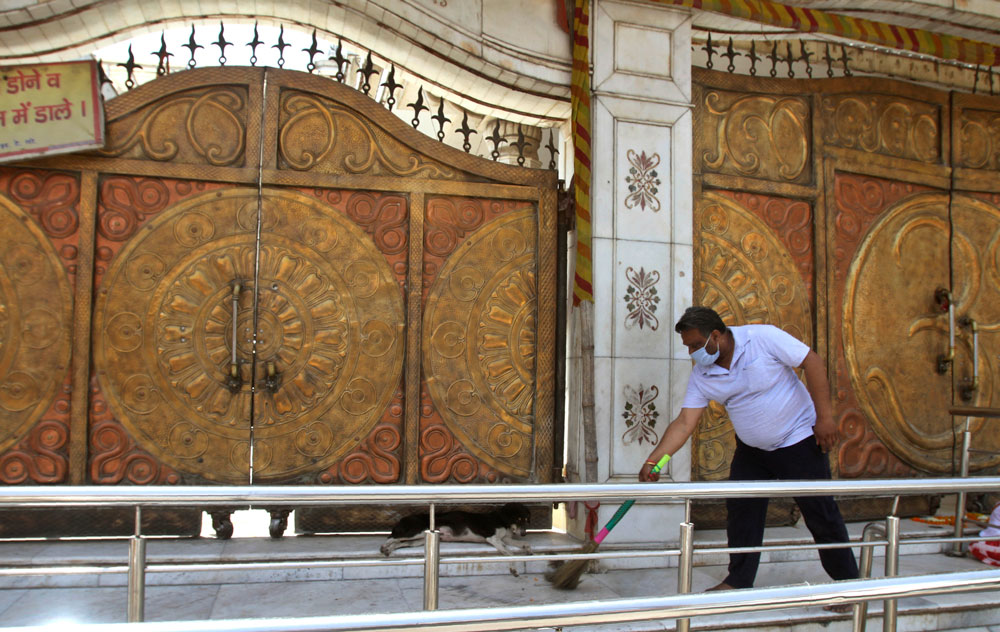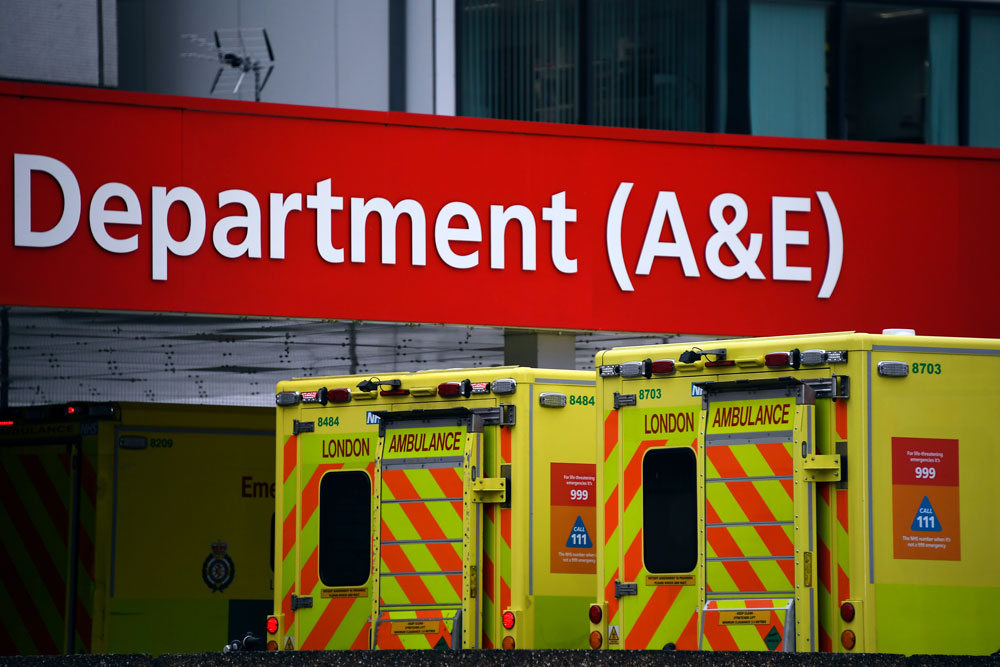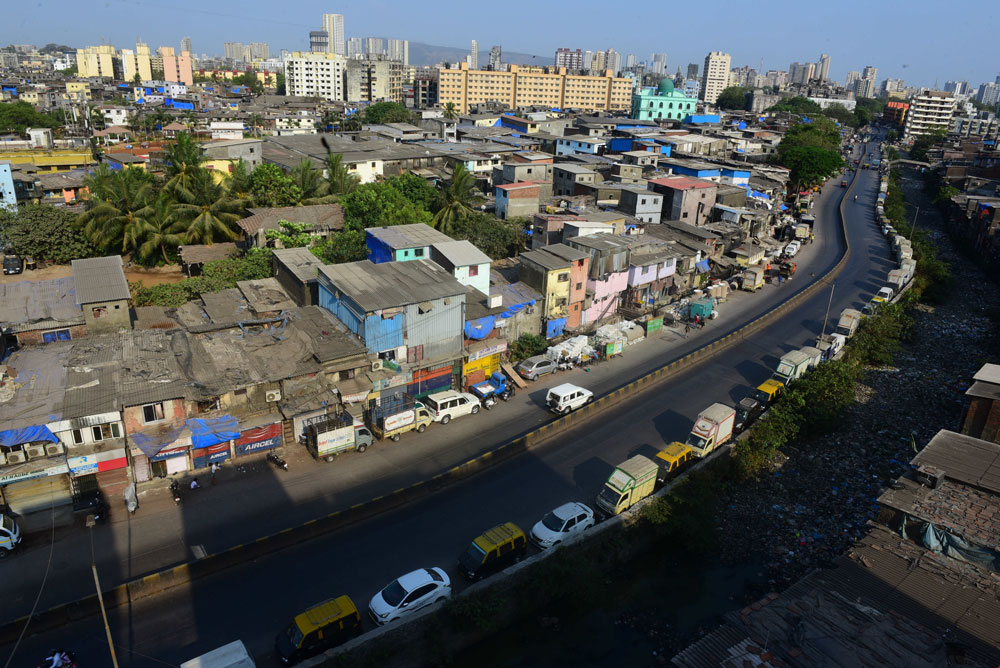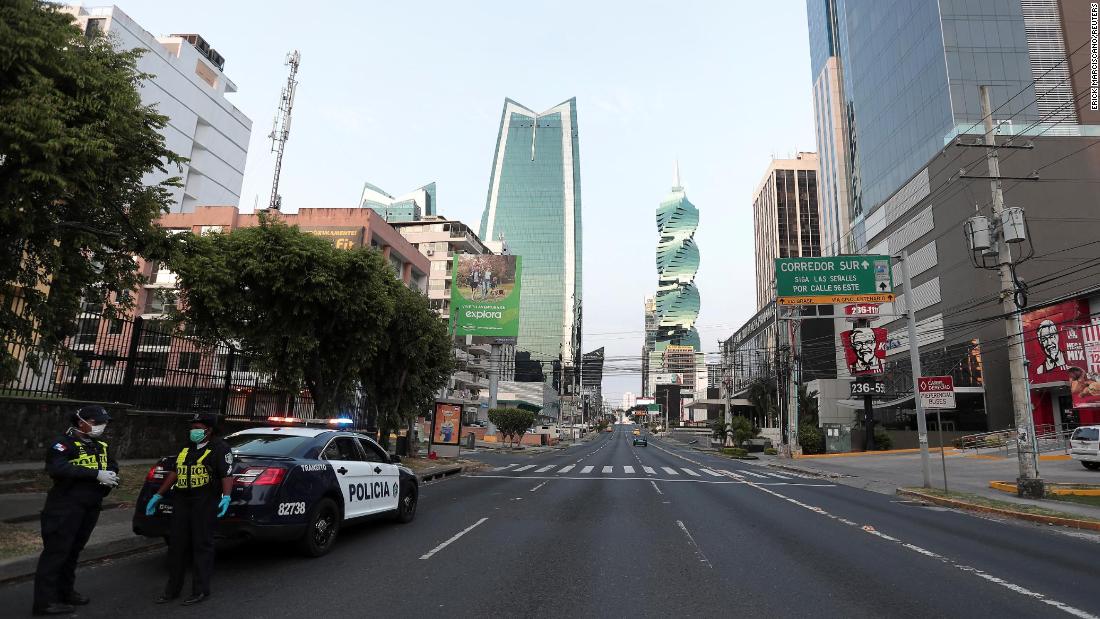In many ways it was just like any other wedding.
On the day of the ceremony, the groom's parents got themselves prepared early in the morning, dressing in their best wedding clothes.
When they were ready for the service to begin, they walked into the living room and joined other family members to watch on a two-way video stream as their son got married in Phoenix, Arizona -- almost 8,000 miles away.
Several members of groom Nitin Mehta's family were due to fly over from New Delhi to see him marry fiancee Miranda Jenkins in Phoenix.
But the night before they left, Prime Minister Narendra Modi locked down the country to avoid the spread of the coronavirus.
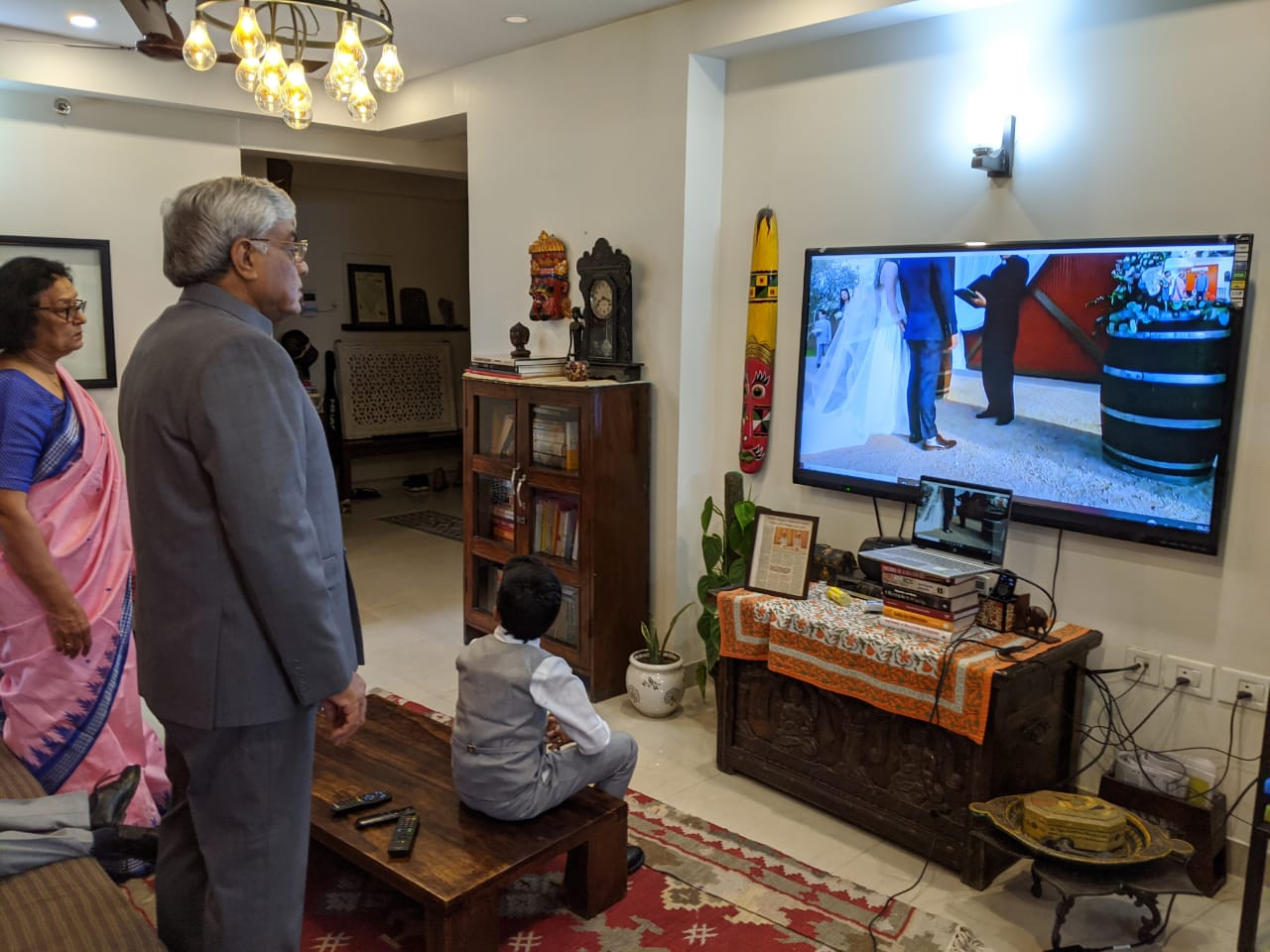
The trip had been planned for a year at least but now, unable to leave, they had to find another way to take part.
"My parents, my wife and kids (and I) woke up at about 4 a.m., put on our wedding clothes and joined the wedding virtually on a video call ... They could see us watching and talk to us," the groom's brother Nalin Mehta told CNN.
They weren't the only guests to miss the wedding. About 150 people were scheduled to attend the ceremony, but fears of the coronavirus and lockdowns worldwide meant it ended up being limited to about 20 close friends and family.
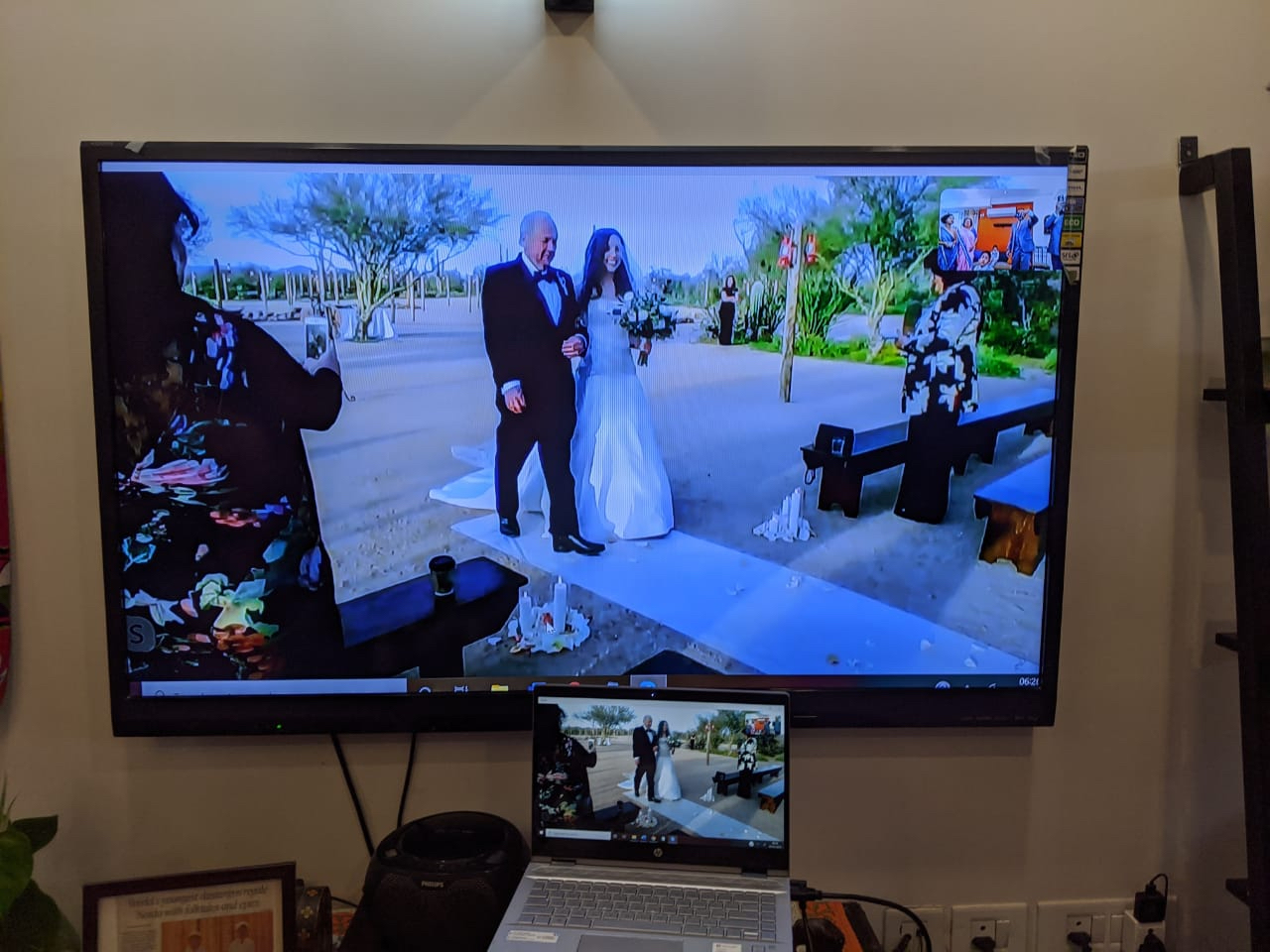
"(The groom) Nitin himself was actually in the air on a flight from London to Phoenix for his wedding when (President Donald) Trump announced that no flights from the UK would be allowed to land in the USA. So he barely made it back himself for his own wedding," the groom's brother said.
It might seem distant, but Mehta said it had made them all feel like they were together on the special day -- he even gave his best man's speech over WhatsApp. "This allowed us all as a family to feel part of an intimate family event ... at this time of great disruption of the way we live," he said.

